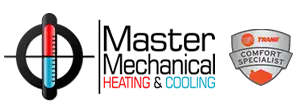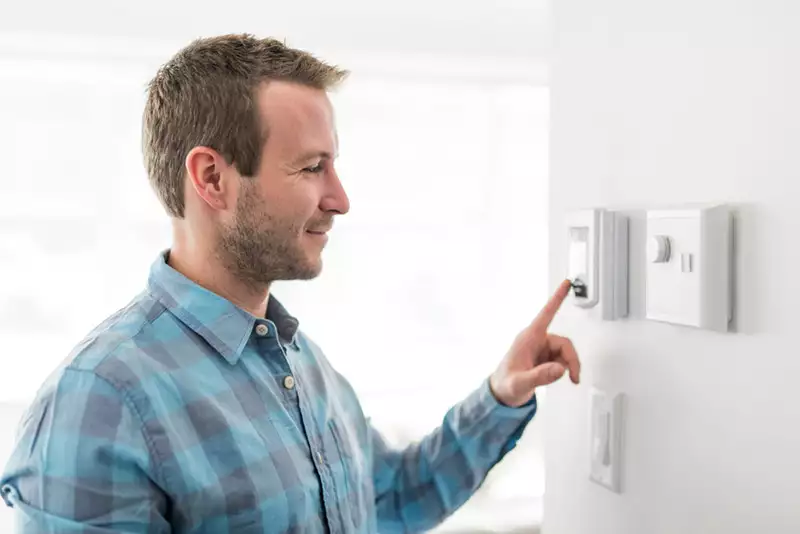Thermostat Humidity Control: Is It Possible?
Your home's thermostat is used to regulate the temperature, but it can also affect indoor humidity levels. In both the summer and winter months, humidity plays a role in your comfort. It can also affect the performance of your HVAC unit.
Air conditioners are used to cool your home and remove humid air. Without this dehumidifying effect, turning on the heat might make your home feel uncomfortable.
Learning how to control your thermostat's humidity settings will help you control indoor humidity and enjoy a more comfortable home all year-round.
Relative Humidity Control
The Relative Humidity (RH) measurement on a thermostat is the level of moisture in the air. During the winter, RH levels indoors should be 40 percent or lower. It can rise to over 60 percent in the warmer months.
Your home's humidity is impacted by your HVAC system and thermostat settings. If humidity levels are too low, the air becomes dry. This can cause illness, discomfort, warped wood floors and furniture, and an accumulation of static electricity.
High humidity levels can cause mold and bacteria to grow. This not only damages your HVAC system but also poses significant health risks. Our HVAC professional technicians can help you balance temperature and humidity indoors by considering your personal preferences, the temperature outside, and the type of system you own.
Keep the Right Temperature
During the summer, your thermostat should be between 72 and 78 degrees. If your thermostat has an “auto” setting, it can help cool your system's evaporator coils and dehumidify the air.
In the winter, setting your thermostat to 68 degrees while you're at home is recommended. Lowering it when you're away or asleep can help you save on your energy bills. It can save you up to 10 percent while giving your system time to recalibrate and dehumidify.
Setting your thermostat to a cooler temperature when the air conditioning is running will not make the house cool any faster. It only increases the strain on your HVAC system, which can lead to premature system failure and breakdowns.
Programmable Thermostats
A programmable smart thermostat stops you from having to manually adjust the temperature during the day and night. You can program the thermostat to be warmer during the day and cooler at night. Some can take seasonal weather changes into account. An HVAC professional from Master Mechanical can help you choose the right programmable thermostat to suit your needs.
Contact us today to learn more about humidity management, thermostats, or any heating and cooling needs!






